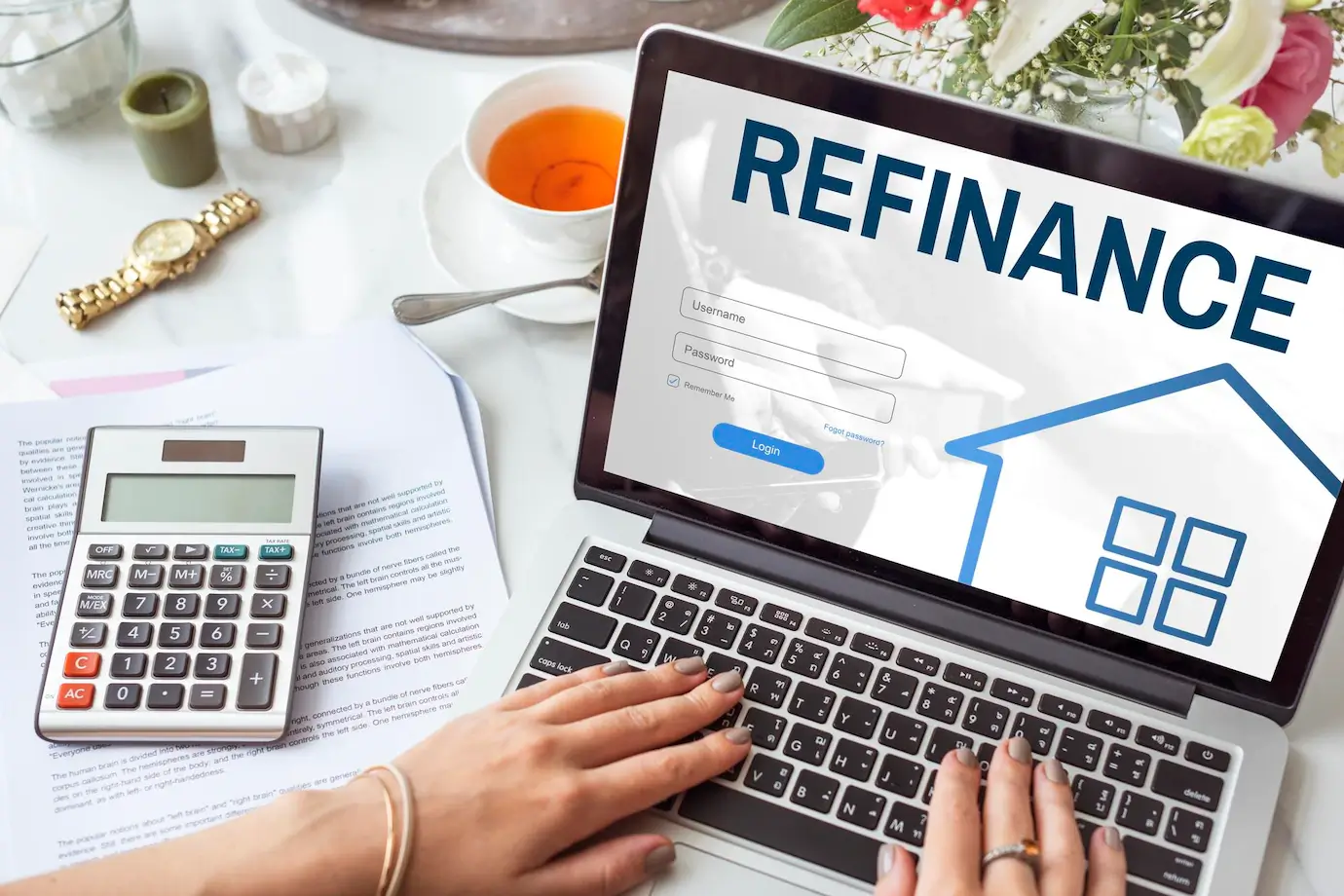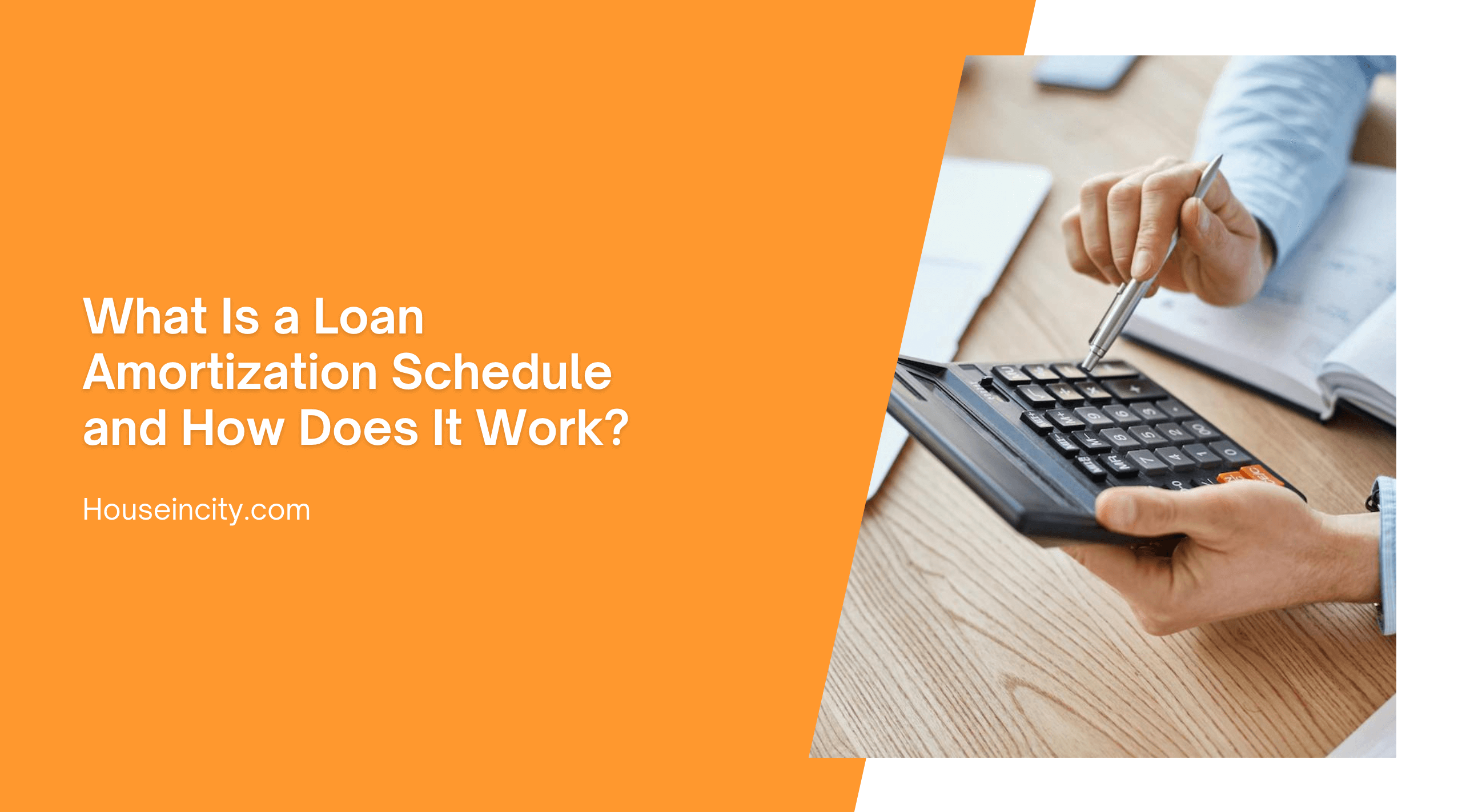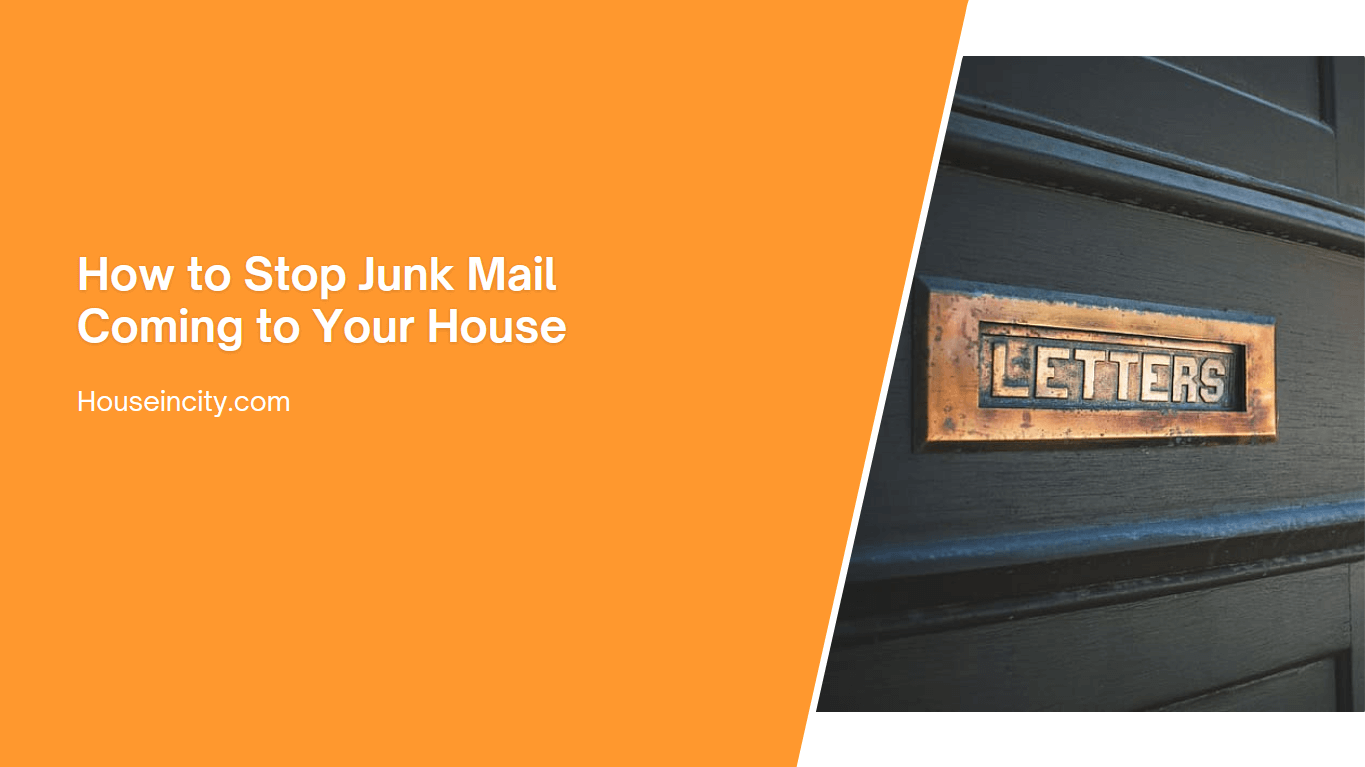Are you looking for buying a house at half the price? Then you might be interested in a Good Neighbor program. Good Neighbor is a community revitalization program. Sponsored by the U.S. Department of Housing and Urban Development. This program is aimed specifically at people who worked in public services. Such as teachers, firefighters, emergency medical technicians, and even law enforcement officers. Everyone with these professions can buy a home with half a price off. The good neighbor house markets are often targeted at revitalization areas.
A revitalization area is any area in which the development is certified as blighted, deteriorated, deteriorating, or needs to be rehabilitated. It is also applied to the industrial, commercial, and other economic development areas that can benefit the country but lack a housing system. These areas can be used for HUD funding. So what is a Good Neighbor? And how can you use it? Here’s a written guide for you!
What is a Good Neighbor Next Door Program?
GNND Program is a program managed by the U.S. Department of Housing and Urban Development (HUD). The program was created to make homeownership more affordable. Especially for the ones who work as public servants. Such as teachers, emergency medical technicians, firefighters, and also law enforcement officers. The program was also created to revitalize certain neighborhoods. This program is realized by giving a 50 percent discount on the purchase price.
The revitalization area is based on the neighborhood household income, after being reviewed by the U.S. Department of Housing and Urban Development (HUD). The area is also determined by the homeownership rate and FHA-Insured mortgage foreclosure activity. With the Good Neighbor Next Door Program, buyers can use a down payment of $100, instead of 3.5% of the property value. The down payment also includes closing costs and prepaid expenses in FHA-insured mortgages. The GNND borrowers are required to sign a second mortgage advanced on the closing of the deal.
According to the U.S. Department of Housing and Urban Development, revitalization areas are HUD-designated geographic areas authorized by Congress. This authorization was then legalized under the provisions of the National Housing Act. The homes in the revitalization area can be single-family, multi-family, townhomes, or even condominiums. The price ranges may differ according to neighborhood, zip code, state, and the condition of the house. A recent search shows an $860,000 home in California and the cheapest at $42,000 in Mississippi.
These properties are owned by the HUD and previously had an FHA mortgage. But the deal was then foreclosed on. These properties will be put up for a sale in the HUD and can be accessible by the public. For people who want to buy a house through the Good Neighbor Next Door Program, they have to agree to live in the house for at least three years before putting it up for a sale. To make sure this agreement is followed through, HUD will conduct an annual confirmation of the owner’s occupation.
Who is Permitted for the Good Neighbor Next Door Program?
To buy a house through the GNND Program, you must fulfill one of the following criteria:
- Law enforcement officials – full-time law enforcement in the law enforcement agency of the federal government, a state, a unit of general local government, or an Indian Tribal government.
- Teachers – full-time teachers by state-accredited public or private schools. Teachers of pre-kindergarten through grade 12 from the area of the purchased home.
- Firefighters and Emergency Medical Technicians (EMTs) – full-time firefighters or EMTs by fire department or emergency medical services responder unit of the federal government, state government, unit of general local government, or an Indian Tribal Government. They must serve in the area of the purchased home.
For buyers, there are no income limits. Anyone with a different amount of income can apply through the Neighbor Next Door Program. But, they have to qualify for a minimum credit score of 580 to get maximum financing. This is adjusted with the FHA’s minimum credit score requirements so that the buyer can use FHA-insured mortgages. When the buyers have a credit score between 500 and 579, the borrower can only apply for a 90% loan maximum.
After obtaining a house from the GNND Program, they have to agree to live on the property for 3 years straight. They may not own any residential property at the time of applying for the program or one year before applying for the program. However, to apply for the GNND program, you don’t have to be a first-time buyer.
How to Apply for Good Neighbor Next Door Program?
There are a few steps you need to do before applying for the GNND Program here is the list:
1) Determine eligibility
To get a house through a good neighbor next door program, you need to have an occupation out of the three; 1) Pre-kindergarten – grade 12 teachers, 2) firefighters, 3) Law officers, 4) Emergency Medical Technicians (EMTs).
2) Get loan pre approval
There are two mortgages that will help you finance the house. The first one is lenders that will pay half of the price of the house, and the second one is the “silent” mortgage that covers the discount. Because of the short bid period, you need to get loan pre approval so that you can process the sale quickly.
3) Find a HUD-registered real estate broker
You can’t get random real estate brokers to put your HUD bid. You need a HUD-registered broker. You can find one in your area.
4) Browse for your new home
All the HUD-eligible homes will be updated weekly. You can start looking for it by state, county, city, and even street. You can also sort the prices or add other requirements you wanted like the number of rooms
5) Put in your bid
Once you found the house, the HUD-registered broker will help you put in your bid. Afterward, HUD will apply the 50 percent discount if you win the bid. The winner is picked through a random lottery.
6) Submit all documents and requirements necessary
When you win the bid, you will need to complete the purchase paperwork and deposit the list price within two business days.
7) Close on your new home
The closing time of the house sale ranges between 30-45 days. Then you can do a renovation if there’s a written agreement before. You then have 6 months to complete the renovation before starting the 3 years residency mandatory.
Good Neighbor Next Door Program Pros and Cons
Before buying your property through a good neighbor next door program, you might want to consider the pros and cons:
Pros:
- Bigger discount – The HUD houses are already on sale for a good deal. With the GNND program, you can get an even bigger discount of up to 50%. You are also allowed to take a second mortgage to help you finance the buying process.
- Home equity – After 3 years of residency, the second additional mortgage can be lifted. This means you are free to refinance the house and profit from it.
- Future investments property – You only need to live in the property for 3 consecutive years. After that, you can leave and invest your property. Whether to sell it or rent it out.
- No income limit – When you want to buy a house through a GNND program, you don’t need an income limit. It is an easier process to help public servants become homeowners given by the HUD Good Neighbor program.
Cons:
- Low Inventory – Even though the inventory is up to date, the good neighbor next door homes are limited. There are not many HUD Homes that can be chosen when you want to apply for the GNND Program
- Limited areas to choose from – The GNND Program only allows buyers to choose homes in the revitalization areas. Sadly it limits the choices for the people who wanted to buy a home through this program.
- Poor condition houses – The HUD houses are often in a bad condition. Buyers have to plan forward for renovations with additional loans.
- Long preparation process – The GNND bid is only available for 5 to 7 days, therefore you have to be prepared and ready to act when you win the bid. You have to already get preapproved for a loan so that you can act quickly when you win the bid. To do so, there are plenty of processes and documents you need to prepare. Even then, you might not win the bid.
Good Neighbor Next Door Program Loan Criteria
The loan limit for the GNND Program is issued every year. This is because the FHA mortgage limits can vary each year. According to the number of property units that need to be taken care of, and the status of the county or states the property resides. Borrowers are also not subjected to financial counseling, but they are encouraged to take one to help with the house-buying process.
The borrowers must also arrange financing, closing costs, and fees on their own. But the Good Neighbor Next Door Program allows down payments for as little as $100. The source of the down-payment funding could be from cash or savings/checking accounts, investments, gifts, loans and grants, employer assistance, or funds from the previous sale of personal or real estate property. For the mortgage insurance, the mandatory note and second mortgage are not included in the upfront and annual mortgage insurance. However, mortgage insurance can be based on the average of outstanding obligations seen through the first mortgage.
Other loan criteria that need to be paid attention to are loan-to-value limits and debt-to-income ratio. The loan-to-value limits are based on the credit score. To get a maximum loan, then the borrower’s credit score must exceed the score of 580. For a credit score lower than 580, they can get up to a 90% loan. And for the debt-to-income ratio, the HUD asks lenders to calculate two different ratios. There are mortgage payment ratios and total fixed payments. The mortgage payment expense-to-effective income ratio (front-end DTI) should stay below 31%. On the other hand, the total fixed payment-to-effective income ratio (back-end DTI) should stay below 43%.
Alternatives for the Good Neighbor Next Door Program
If you are looking for other alternatives for the GNND Program, these will help you choose:
1) Teachers Next Door – The GNND program is limited to teachers only. But, the Teachers Next Door program offers broader prospective buyers. They allow everyone who works in the education world to apply for the Teachers Next Door program.
2) Heroes Next Door – There are also a lot of Heroes Next Door homes put out on sale. It is aimed at veterans and first responders. The programs also allowed disabled veterans to apply for a home. It is also a trusted program since they have a community of real estate agents, mortgage professionals, home inspectors, and other service providers.
3) Officer Next Door – The Officer Next Door is a program aimed to make the community or area stronger. With an officer present in the neighborhood, hopefully, it will create a safer place. The requirements are pretty much the same as the GNND, with one main mortgage and another silent mortgage that can be used to pay a down payment of $100.
That is all you need to know about the Good Neighbor Next Door program! It is a property deal full of benefits, but it also needs some complicated requirements. The program is purposely aimed at public servants. It helps teachers, firefighters, law officers, and even EMTs to become house owners. Along with the benefits, there are also a lot of downsides to the program. For instance, your house choices are limited. You can’t choose a house that isn’t under HUD maintenance, you also can’t choose the location everywhere because one of the requirements is that you have to serve in the same revitalized area you wanted to buy a home. There are also a lot of other alternatives for good neighbor programs that you can look up to. With it, you could get a good deal on house buying.


